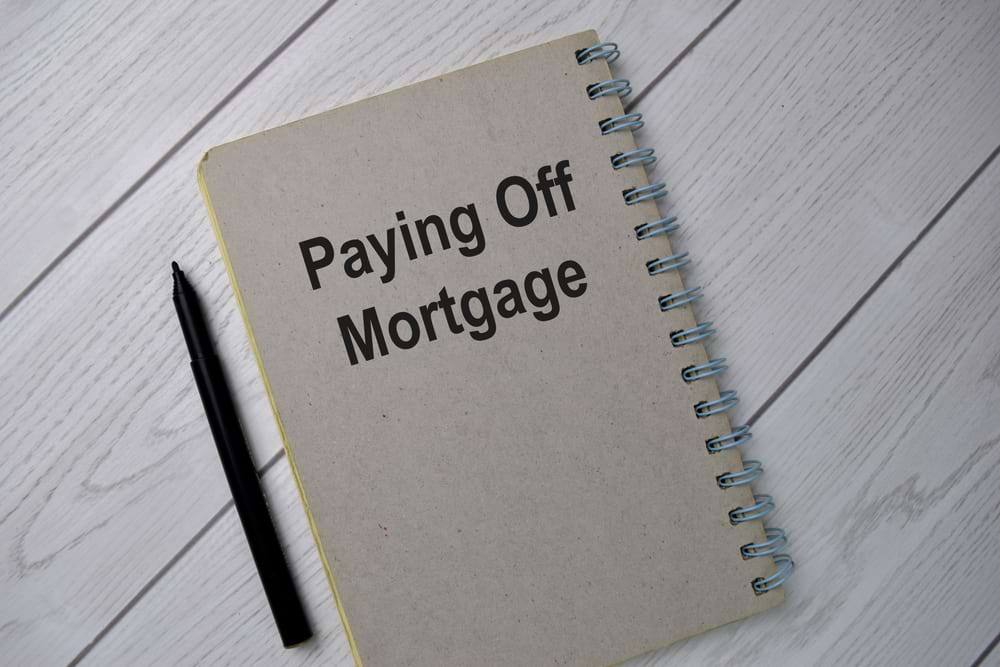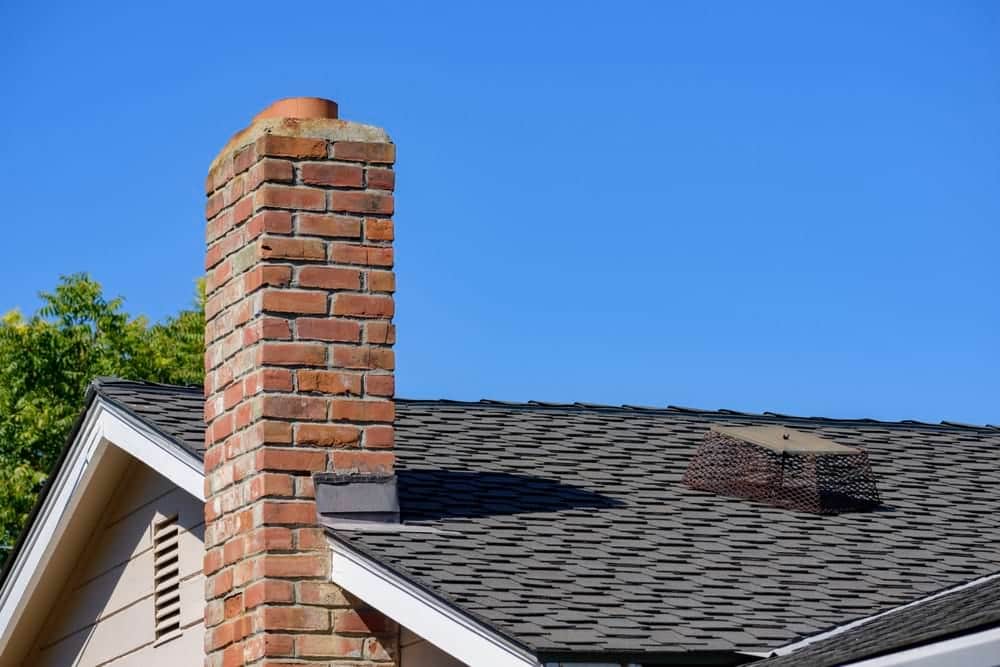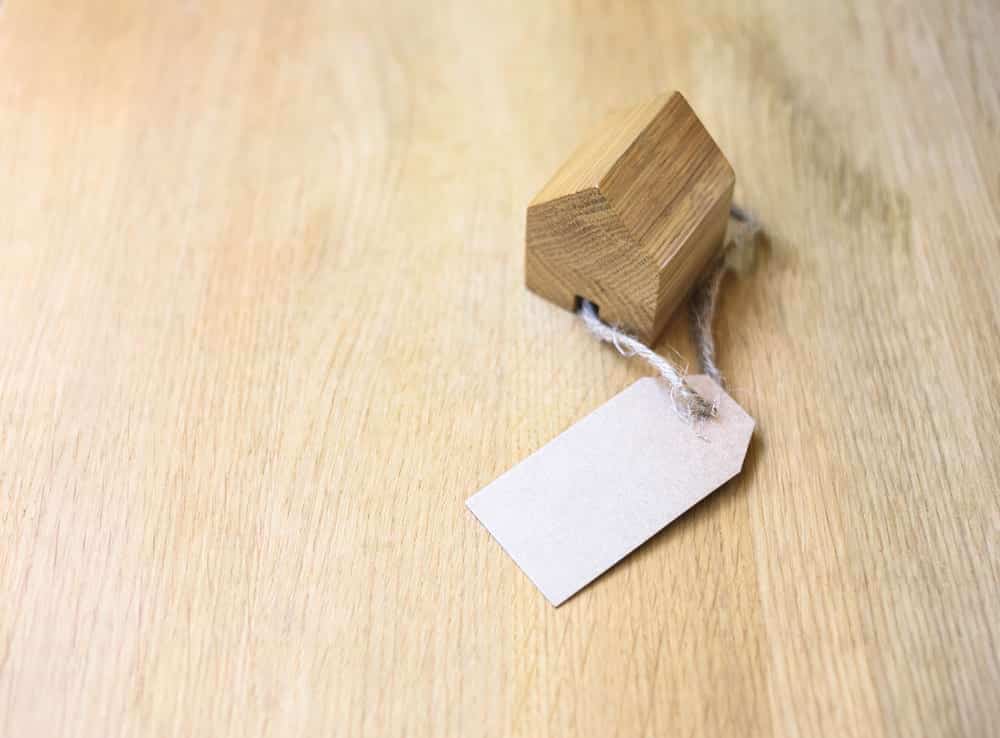Downsizing your home can be a big decision. Still, it has several potential benefits for many who choose this move.
As house prices continue rising across the UK, more and more people are considering moving into smaller, less expensive properties.
This blog explores the advantages of downsizing.
What is downsizing?
Downsizing means moving from a larger home to a smaller, typically less expensive one.
It’s generally something people consider later in life, often when their children have left home or when they retire.
The goal is to reduce housing costs and maintenance requirements while freeing up equity in your existing property.
You can then reinvest the equity to help fund your retirement nest egg or use it to clear debts.
Downsizing often involves selling your family-sized 3-4 bedroom house and buying a smaller 1-2 bedroom flat, bungalow, or cottage-style property.
However, it’s not just limited to homeowners. If their housing needs change, renters can also downsize to a less expensive rental property.
How common is downsizing?
Downsizing to a smaller home has become increasingly popular over the last decade.
Many people downsize shortly after retiring. Most choose a bungalow, while a substantial proportion choose a flat. Others choose retirement flats (however, these can be difficult to sell).
Regionally, downsizing is most common in London and the South East. High property prices here allow homeowners to unlock significant equity.
London accounts for a notable percentage of downsizing transactions. The average London downsizer can release considerable equity.
While couples downsizing together account for most transactions, the number of solo downsizers has risen as elderly divorcees and widows opt for lifestyle changes.
What does the future look like for downsizing? It’s expected to become even more common moving forward.
As more baby boomers reach retirement age, analysts predict that many UK households could downsize over the next decade. So, if you’ve been considering such a move, you’re not alone.
Why are lots of people currently downsizing in the UK?
There are a few key reasons downsizing has been on the rise recently across Britain:
Ongoing house price growth
With house prices up over 10% in 2022 alone, many existing homeowners have significant equity tied up in their homes.
Downsizing allows them to unlock some of that equity to fund retirement or pay down debt. The average downsizer released £130,000 equity in 2021.
The rising cost of living
Energy, food, and petrol prices have been soaring. Downsizing to a smaller home with lower running costs can provide instant savings on bills.
According to Ofgem, downsizers can save over £100 per month, typically on utility and maintenance costs.
Changing household needs
Empty nesters and retirees often no longer need larger 3-4 bedroom homes, making downsizing an appealing option to reduce space and bills.
By downsizing, homes can be freed up for growing families needing more room while retirees move to more suitable properties.
The desire for a lifestyle change
Some view downsizing as an opportunity to move closer to family or into an area they’ve always dreamed of living in.
Dorset, Devon, Cornwall, the scenic Cotswolds – many downsizers relocate to more idyllic rural and coastal areas.
Inheritance planning
Releasing equity through downsizing can allow some homeowners to gift money to family members earlier to reduce the value of their estate.
With the mortgage often paid off, others may gift their family home to their children.
Bereavement
Sadly, losing a spouse is also driving many to downsize from homes full of memories.
Selling up can provide a fresh start and reduce strain for those struggling to maintain more significant properties alone.
Early retirement
Most people downsize around the average retirement age. Some homeowners downsize to help fund giving up work early. (Others even rent in order to retire).
By releasing capital, early retirement becomes more financially achievable.
Second home funds
Some savvy downsizers are unlocking equity to splash out on second-holiday homes abroad to enjoy more travel in their later years.
So, rising house prices, challenging economic conditions, changing life stages, and the desire for lifestyle change drive more downsizing.
What are the benefits of downsizing your home?
Unlocking equity
One of the main appeals of downsizing is accessing tax-free cash from the equity built up in your existing home.
You can reinvest this, which could be tens or hundreds of thousands of pounds.
Reducing living costs
From lower mortgage repayments or rent to reduced utility and maintenance bills, downsizing lowers the cost of running a home.
Funding retirement
Many invest in equity windfall from downsizing to provide additional income during retirement.
Clearing debts
Some use the unlocked cash to pay off outstanding debts before retirement, gaining greater financial freedom.
Enjoying lifestyle change
For many, downsizing facilitates an exciting lifestyle change – from moving abroad to buying a rural cottage or city centre flat.
Gifting money to family
Downsizing can enable earlier inheritance gifts to children and grandchildren who need funds to move up the property ladder themselves.
Less upkeep
A smaller home means less cleaning, garden maintenance, and overall upkeep, which frees up more of your time during retirement.
So, in summary, downsizing unlocks financial flexibility and often allows for an improved lifestyle too in retirement.
What are the challenges of downsizing your home?
While downsizing certainly has its benefits, it also comes with some practical and emotional challenges to consider, including:
Logistics of moving
Moving home is already stressful. Moving to a smaller home often means deciding what possessions to keep, store or sell.
Bidding wars
Popular downsizing hotspots can be very competitive. Prepare for potential bidding wars against other buyers.
Parting with possessions
Deciding what to bring along and leave behind can be emotionally taxing.
Smaller space—If you’ve spent decades in a larger family home, adjusting to reduced living space may take time.
Timing challenges
Coordination of the buying and selling process can be complex if you need the proceeds from the sale to purchase the new home.
Local upheaval
Trading a standalone house for an apartment can be quite an adjustment requiring lifestyle changes.
Capital gains tax
If you sell an additional property, you may be liable for capital gains tax on any profits from the sale.
Family memories
Moving from a long-term family home full of memories adds more emotional complexity.
To make the process smoother, it’s essential to consider all these factors when deciding whether downsizing is the right move for you at this stage in life.
How We Buy Any Home can help
We Buy Any Home are chain-free cash property buyers who can purchase your property up-front and quickly, without hassle or stress.
We offer the perfect opportunity for you to sell your house quickly to downsize.
Fill in our enquiry form below if you want a cash offer for your house.



















